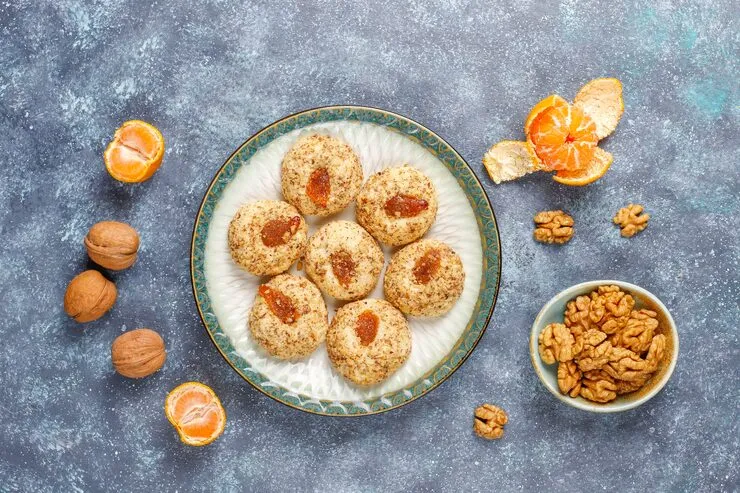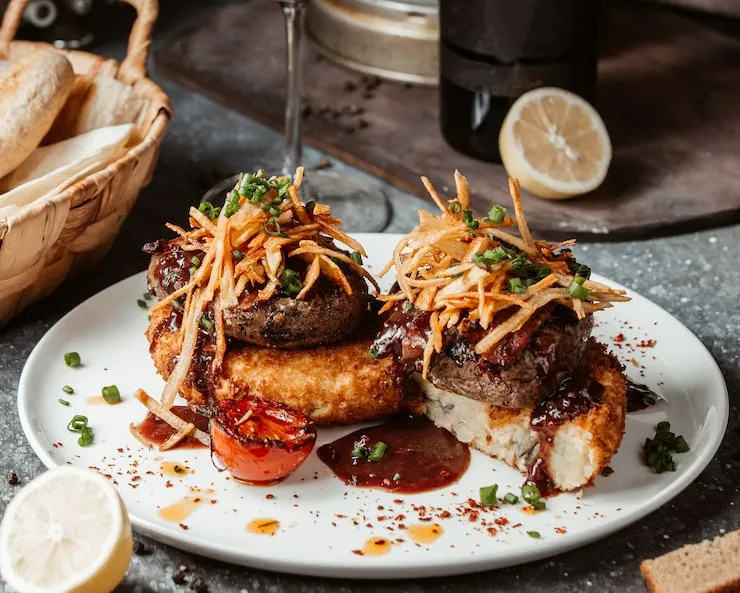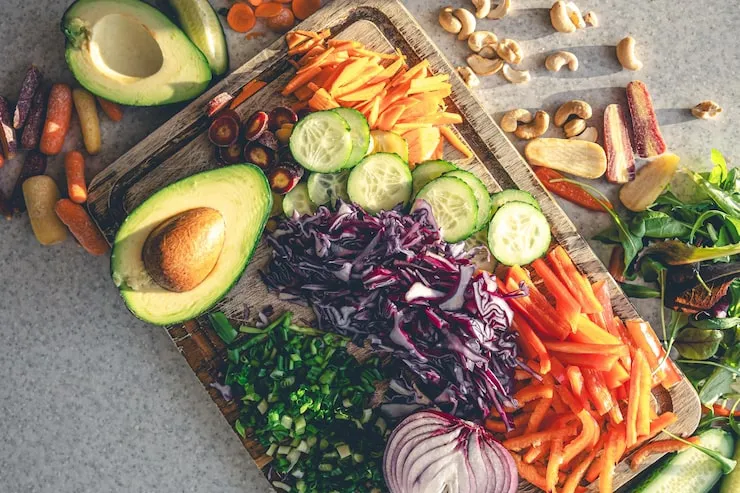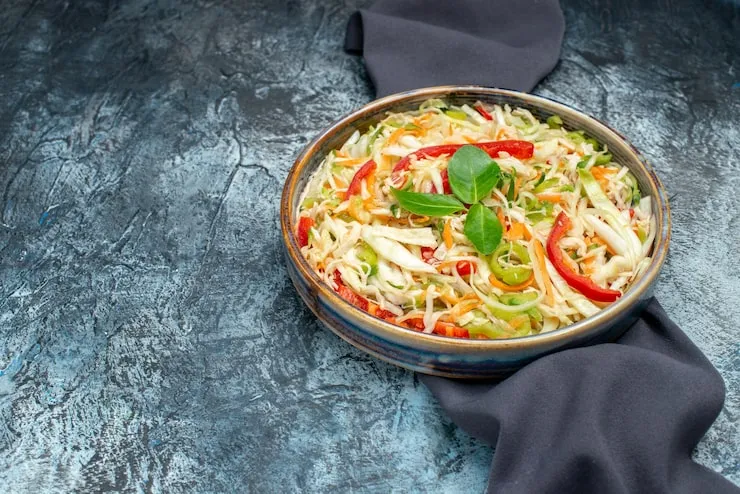Ever opened a bottle of whiskey and thought, “This feel… different”? Not because of flashy labels, not because of celebrity endorsements, but because it actually connects — on some undefinable level. That’s the feeling Soorahi Whiskey gives you.
It doesn’t scream. Maybe it’s the name. Soorahi — it echoes with gentleness, tradition, and a touch of nostalgia. If you’ve spent childhood summers in rural India, you’ve seen a soorahi: long-necked, clay, always cradling cool water. Simple, familiar, comforting. Soorahi Whiskey taps into that same vibe.
A Spirit Crafted, Not Assembled
Let’s face it: India’s liquor shelves are crowded. A lot of local whiskies that dominate cost-effective sections are molasses-based, sweetened, and heavy on additives. Soorahi flips that script.
From the start, the makers decided: “No shortcuts.” They went for grain-based distillation. Real barley — grown in Punjab and Rajasthan — not syrupy remnants. Once distilled, the spirit rests in oak barrels.
That’s standard. But because India has a warm climate, the aging happens faster. Where Scotch might take a decade to mellow, Soorahi picks up rich, smooth flavors in much less time.
So yes, there’s patience. Not haste. And you can taste it — in the calmness, the balance, the "I’m here to be savored, not slammed" attitude.
Pour It. Sniff It. Taste It. Feel It.
Open the bottle — gold-amber glow in your glass. Swirl. Let it breathe. maybe a faint whiff of dried fruit. Nothing jumps at you. No harsh chemicals. Just warmth in a glass.
Now taste. The first sip? Gentle. Almost creamy. Then comes the grain, the oak — rounded, mature. The finish is a mild pepper-tingle, clean and lingering. No burning rush. No dusty aftertaste. Just a calm surrender.
It’s not the kind of whiskey you mix with cola. It’s not shouting, “Look at me!” It’s inviting you to pause. To notice. To appreciate.
A Bottle That Tells a Tale
The bottle design? Brilliantly quiet. Rounded curves echo the classic clay soorahi. No obnoxious fonts. No glittery stickers. Just muted tones, crisp lines, an air of thoughtful elegance.
Place it next to imported bottles, and it doesn’t feel out of place. But put it on your own shelf — amidst memories, photos, ordinary mugs — and it feels like it belongs.
It’s subtle, but it speaks lands and people and heritage.
Who’s Drinking It — And Loving It
Here’s the cool part. Soorahi isn’t just for one crowd.
Older drinkers — the ones loyal to their usual chains — are giving it a second look. At first, they come curious. Then, pleasantly surprised. “It’s smooth,” they say. “Not harsh.” “Reminds me of simpler times.” And it does — without feeling cheap.
Younger people? They’re embracing it — big time. They love that it’s local, not a copy of Western styles. It’s got character. It’s Instagram-worthy without trying too hard. They sip it at rooftop parties, birthday dinners, or quiet solo nights with vinyl playing in the background.
It’s not a show-off drink. It’s a companion.
Soulful, Yet Affordable
You might think good whiskey costs more. But Soorahi hits a sweet middle — priced around 1,200–1,500 where it’s available. That price gives it a comfortable edge: premium, but not extravagant.
That’s brilliant positioning. You feel like you’ve got something special — but without buyer’s remorse. Folks who try it, remember it. Bars keep it on their menu. And it becomes that reliable choice: “Serve me something I can taste — and afford.”
Conversations Over Whiskey
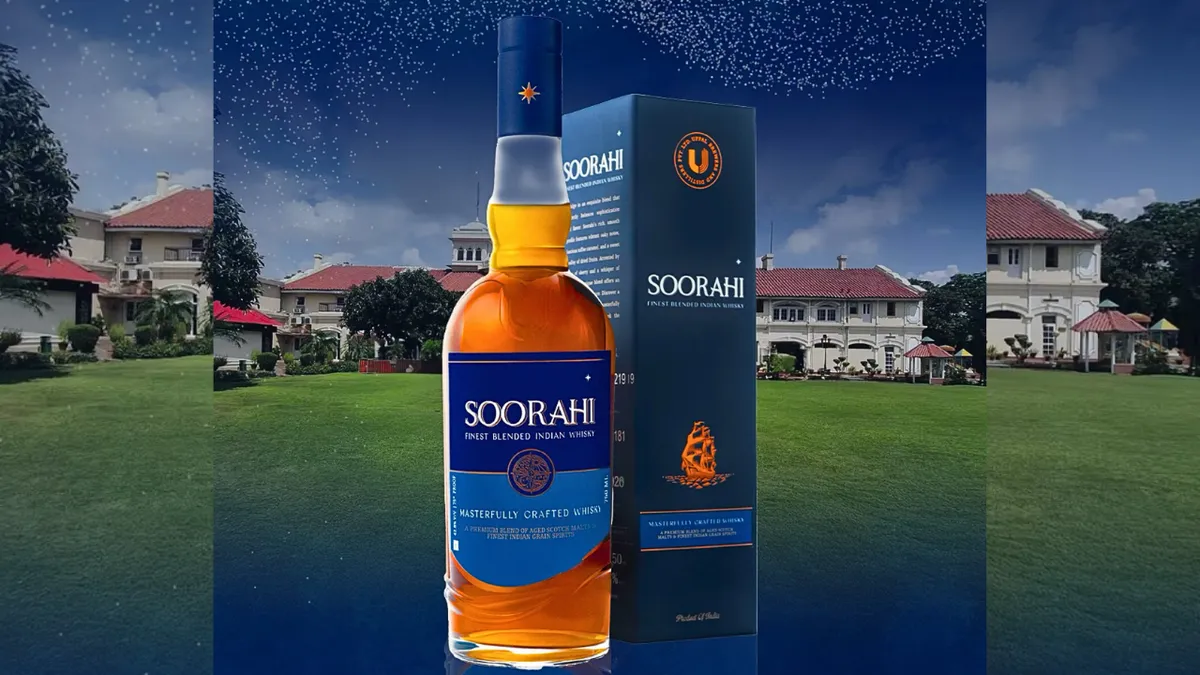
Pouring Soorahi often leads to stories. At weddings, people are bringing it instead of the usual big-budget labels. At small gatherings, it’s the topic of conversation — “You tried the Soorahi?” And your answer sets off talk of taste, origins, story.
A friend once told me he introduced Soorahi to his grandmother — a lifetime rum drinker. She hesitated. Took a small sip. Then smiled. Said, “This has feeling.” And meant it.
That’s power. That’s whiskey not aiming to dominate, but to connect.
Growing Organic Love
Here’s the real beauty: Soorahi isn’t doing billboard blitzes or celebrity endorsements. Instead, it’s growing — quietly — through word of mouth.
Bartenders mention it. Food bloggers write about it. Wedding planners suggest it. Instagram posts pop up — “Soorahi and sunset.” “Soorahi with paneer tikka.” People pairing it with kebabs, spicy snacks, dark chocolate. Crafty cocktails emerge. Not forced experimentation, but inspired mixing.
It’s becoming a cultural fixture — not by shouting, but by showing.
What’s Coming Up the Line
Rumors swirl about what’s next: a limited single malt, a smoky edition, maybe a spiced infusion. All whispers for now — but exciting whispers. What’s clear is the team behind Soorahi isn’t rushing. Whatever arrives, it’ll arrive thoughtfully.
They’re also exploring eco packaging, working with farmers, being socially responsible. These aren’t marketing ticks. They’re baked into the DNA. It resonates — especially with buyers who care.
A Simple Ten-Minute Ritual
Here’s how I enjoy it:
- Pour about 60ml in a clean glass.
- Wait 30 seconds — let it open up.
- Swirl once. Breathe in.
- Sip. Hold it for 2–3 seconds. Breathe out through your nose.
- Think about nothing else for a bit.
Try it with grilled sardines, roasted cashews, paneer skewers, or even your favorite dark chocolate. The spirit plays well with spice and salt — it’s about balance, not dominance.
Ask Yourself: What Does Your Whiskey Say?
You can get loud, flashy, marketed trips across oceans. Or you can get something that whispers. Something local, honest, unpretentious. That’s Soorahi’s place.
It’s a choice for someone who values authenticity over attention. For people who like roots but don’t shy from refinement. For drinkers who want to feel something — not just get buzzed.
If you’re looking for a whiskey that feels like it’s made for the kind of nights you remember — the small ones, the real ones — you’ll find Soorahi fits right in.
So here’s to the humble soorahi, the barley in Indian soil, the oak barrel resting quietly. Here’s to sipping, not rushing. To moments shared, not just bottles emptied. To a drink that doesn’t dominate your night — but belongs in it.






